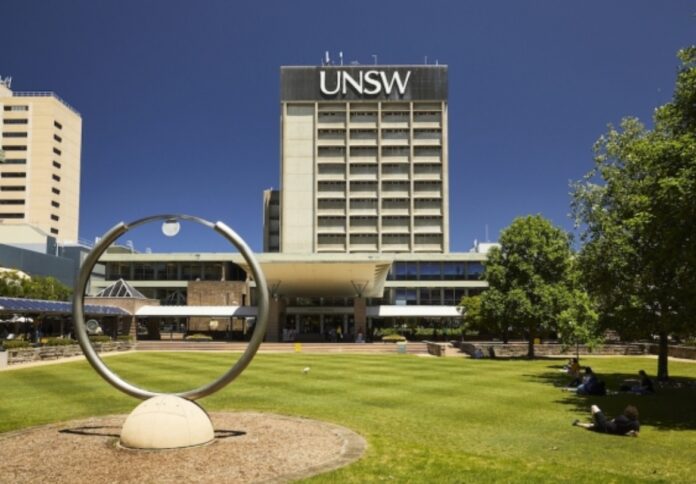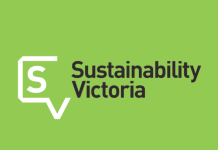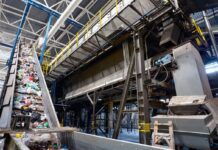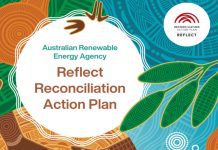
The University of New South Wales (UNSW) in collaboration with the University of Newcastle (UoN) has introduced the Trailblazer for Recycling and Clean Energy (TRaCE) scheme in a bid to accelerate the transition to a circular, clean energy economy.
With $117 million in industry-co-funded research and development projects in its inaugural year, TRaCE is set to revolutionise the way Australia approach recycling and clean energy solutions, the university said in a news release.
At a showcase event held in Sydney on 5 March, a range of groundbreaking projects were unveiled, showcasing the innovative strides being made under the TRaCE program.
Among these projects are hydrogen production from seawater and the creation of ‘green ceramics’ from textile waste, signalling a shift towards sustainable practices.
Assistant Minister for Education Anthony Chisholm emphasised the significance of the TRaCE program, stating that it is projected to create over 5200 regional jobs and contribute up to $15 billion to the economy over the next two decades.
He highlighted the importance of such initiatives in driving the transition towards sustainable recycling and clean energy solutions on a global scale.
Professor Nicholas Fisk, UNSW’s deputy vice chancellor for Research and Enterprise, underscored the collaborative effort between academia, industry, and government in driving research commercialisation.
He emphasised the role of TRaCE in achieving net-zero emissions by 2050, reflecting a commitment to addressing pressing environmental challenges.
Two standout projects showcased under TRaCE include the development of ‘green ceramics’ by UNSW’s Scientia Professor Veena Sahajwalla, which utilizes waste textiles and mattresses to create sustainable building materials.
Additionally, Vecor Technologies is spearheading research into hydrogen generation from seawater, offering a promising avenue for renewable energy production.
Professor Rose Amal and Associate Professor Jason Scott, along with their teams at UNSW, are focusing on demonstrating renewable hydrogen production from waste, offering a sustainable solution to water scarcity and waste management in remote areas.
Their innovative approach has the potential to revolutionize clean energy production and waste management simultaneously.
In addition to R&D projects, TRaCE will allocate $67 million towards transformative programs aimed at supporting startups, SMEs, and education and skills training programs.
Emmanuel Mastio, executive director of TRaCE, emphasized the program’s commitment to building a robust ecosystem for the recycling and clean energy sector, ensuring sustained growth and innovation.


















